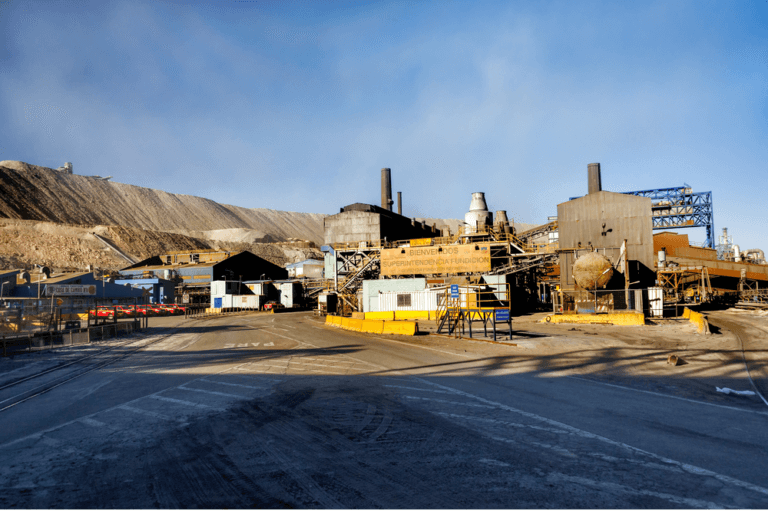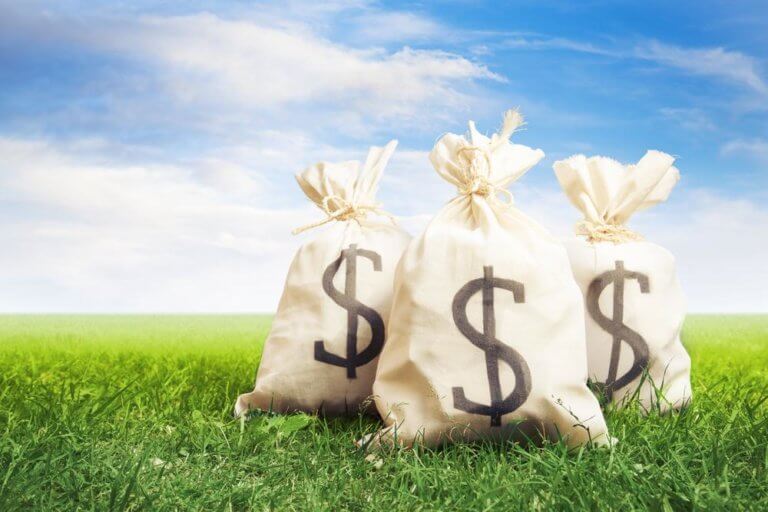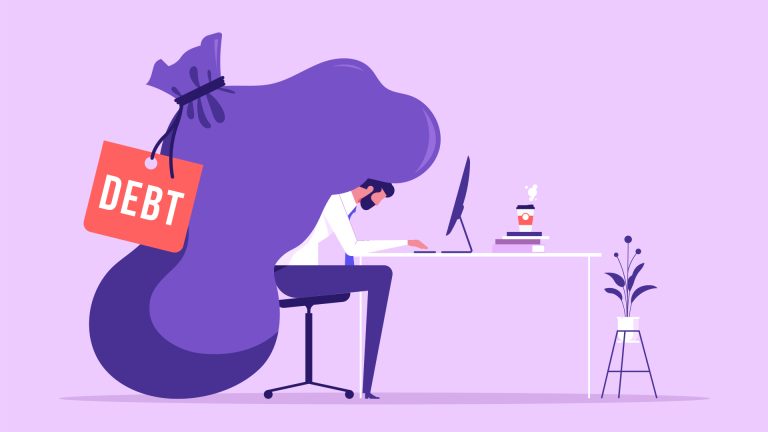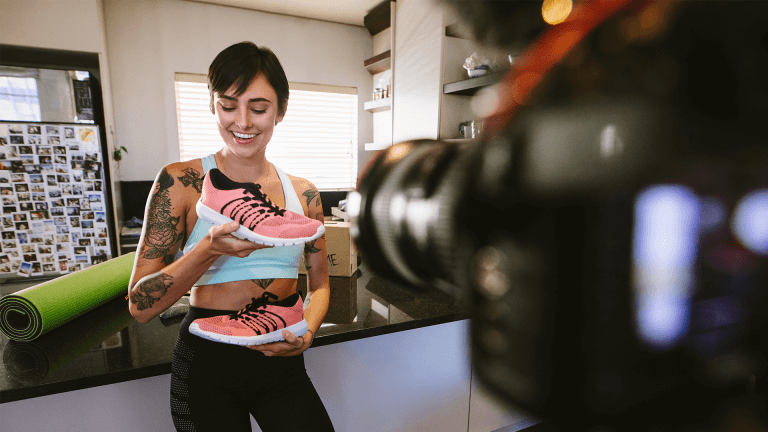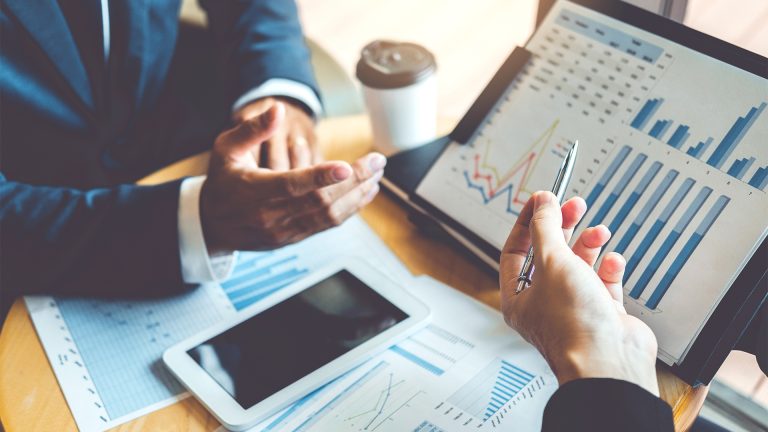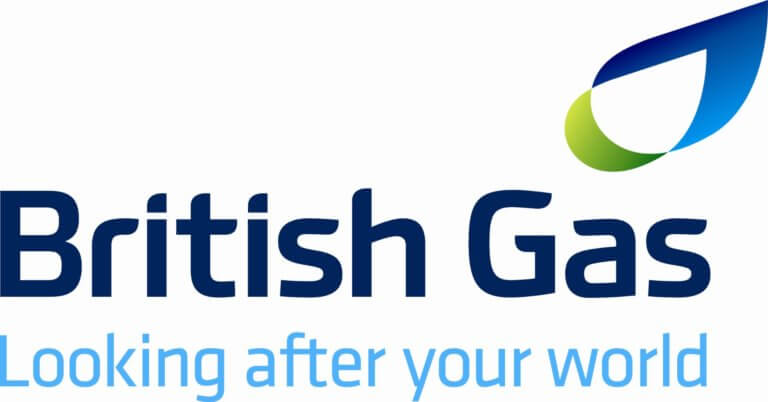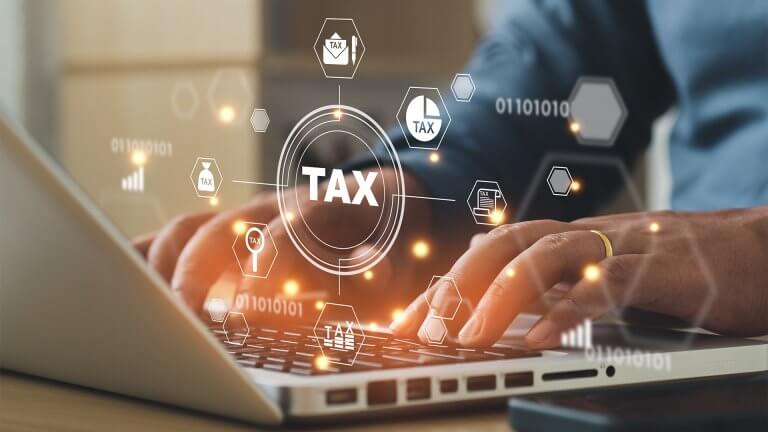
By Annie Charalambous, Head of Communications at ETX Capital
The past year has been challenging on all fronts, the least of which being the nation’s finances. With many furloughed or having lost their jobs altogether, financial stresses are mounting, and getting the most out of our money is more important than ever.
As interest rates sit at historic lows, people are starting to rethink just how and where they invest their savings, and trading is one such avenue that’s seen a rise in activity over the pandemic.
Over at ETX Capital, we know that making an educated decision is imperative to success, and so we’ve looked at Google search data to reveal the most common questions budding UK traders are asking, and answered them.
What is stock trading? (9,900 monthly searches)
Stocks, or shares, are fractions of ownership in a publicly traded company, that anybody can buy (or sell) depending on the perceived value of that business. Traditionally, you’d want to get in (buy) at a lower price and hold onto that stock until it appreciates in value for you to make a profit.
What is options trading? (8,100 monthly searches)
Options are financial contracts that give their holders the ability – but not the obligation (hence option) – to buy or sell a security for an agreed-upon price on a set date, thus hedging against the risk of fluctuating market prices.
What is a CFD? (6,600 monthly searches)
A CFD, or Contract for Difference, is another type of trading contract, whereby you are speculating on the direction an instrument may move in, without owning the underlying asset.
You are therefore trading on the price fluctuation – “buying” if you believe its value will increase over time, or “selling” if you anticipate a decline.
What is forex trading? (5,400 monthly searches)
Forex, coming from foreign exchange, refers to the buying and selling of different currencies to profit from the difference in their values. The forex market is the largest in the world, seeing over $6 trillion a day in volume – everyone from holidaymakers to big banks partake in the FX market.
What is leveraged trading? (5,400 monthly searches)
Leveraged trading works in such a way that a retail trader can open a larger trade with less capital, with the broker putting up the rest of the balance (i.e., the leverage).
Having larger position sizes means your exposure is higher, resulting in bigger returns and conversely, bigger losses.
What is futures trading? (2,900 monthly searches)
Futures contracts work in such a way that two parties – a buyer and a seller – agree to exchange an asset on a fixed future date, with the profit (or loss) realized at the time of exchange.
Your profit or loss is realised at the time of the exchange, depending on how the price has fluctuated since the order was placed.
What is scalping? (2,900 monthly searches)
Scalping is the act of placing trades you intend to keep open for a very short amount of time, ranging from a few seconds to several minutes, to capitalize on high volatility or sharp spikes in the market.
While there are brokers that may allow scalping in some capacity, it is a form of market abuse if done frequently.
How to trade stocks (2,400 monthly searches)
As with any investment, research is the first step.
From choosing the right broker (you’ll want to consider fees, liquidity, selection of stocks, and of course, reputation) to finding the right markets to invest in, you should always know why you’re investing in a particular stock.
Some factors worth looking at may include analysts’ projections for stock performance, the company’s financial results (or earnings), published quarterly, as well as the dividends it pays out.
How are commodities traded? (2,400 monthly searches)
Commodities are, typically finite, physical products that have a fluctuating value. There are both hard and soft commodities, ranging from gold, silver, oil, and other natural resources to the likes of coffee, wheat, corn, and even orange juice.
Their value is dependent on supply and demand and can be influenced by anything from weather to politics.
How to trade cryptocurrencies (1,900 monthly searches)
Like forex and stocks, cryptocurrencies can be traded as either CFD products or bought and held in a virtual wallet. While more volatile than other traditional assets, cryptocurrencies can be a profitable investment if, like any instrument, you get in at the right time.
When trading crypto CFDs, you can short or sell, meaning you can profit from the drops and not just a rise in value.





